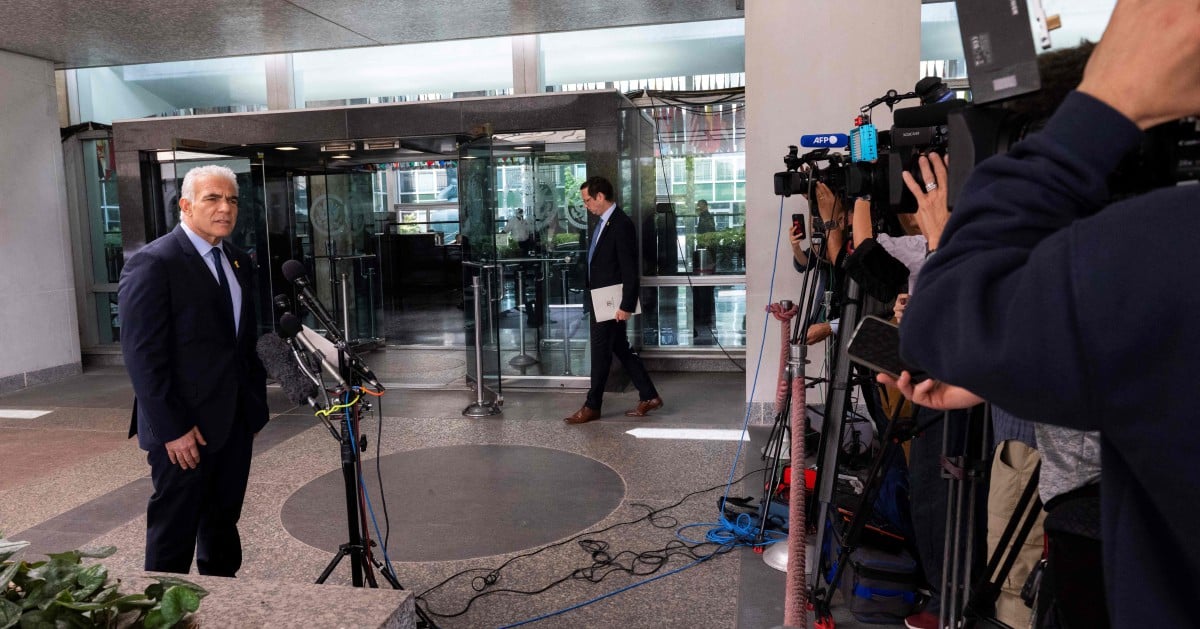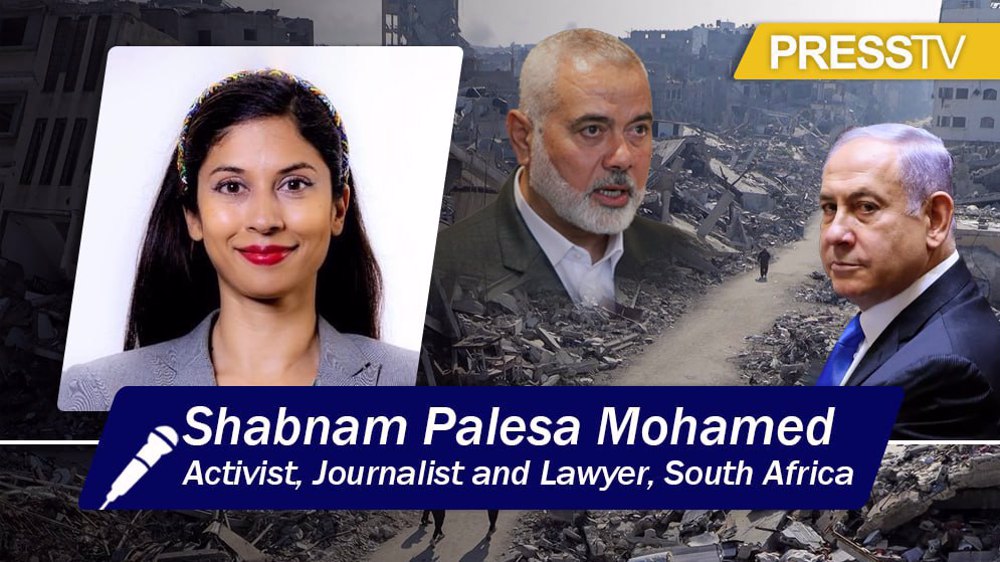








On November 21, 2024, the United States vetoed a United Nations resolution demanding an immediate and unconditional ceasefire in Gaza, which had garnered a 14-1 vote in favor. The U.S. justified its veto by stating that the resolution was unacceptable as it failed to link the ceasefire to the release of hostages taken by Hamas during the conflict that erupted on October 7, 2023. U.S. Ambassador Robert Wood emphasized that the U.S. could not support an unconditional ceasefire without the release of hostages held by Hamas [79ff562a]. The resolution also called for immediate access to basic services for civilians in Gaza and condemned efforts to starve Palestinians, reiterating the need for the release of hostages and the return of Palestinian civilians [79ff562a].
This decision has drawn criticism from various quarters, including Israel's UN Ambassador Danny Danon, who labeled the resolution a betrayal of hostages, and Algeria's UN Ambassador Amar Bendjama, who condemned the U.S. vote as a missed opportunity with severe implications for international order [79ff562a]. In the broader context of the ongoing peace negotiations between Israel and Hamas, international pressure, economic boycotts, and a divided cabinet in Israel have influenced the country's stance on a potential truce [6c6e0b64]. Shabnam Palesa Mohamed, a South African human rights activist, has pointed out that Israel's intentions to colonize Gaza and exploit its offshore gas are driving factors behind the ceasefire negotiations [6c6e0b64]. Meanwhile, Osama Hamdan, a senior Hamas representative, has rejected U.S.-drafted ceasefire proposals, asserting that Palestinians will determine their own future [6c6e0b64].
Despite the ongoing conflict, mediated negotiations between Israel and Hamas to secure a deal for the release of Israeli hostages held in Gaza are set to resume next week. This decision follows a meeting between the head of Israel's Mossad intelligence agency and the CIA director, alongside the Prime Minister of Qatar, who has been acting as a mediator [d6aaa8f4].
U.S. officials have expressed skepticism regarding the likelihood of a ceasefire deal being reached before President Joe Biden's term ends in January 2025. This sentiment is echoed by unnamed officials from the White House, State Department, and Pentagon. Pentagon spokeswoman Sabrina Singh noted that the deal is not falling apart, while Secretary of State Antony Blinken mentioned that 90% of a ceasefire agreement was reached two weeks prior [7cccf184]. However, obstacles remain, including Israel's demand to maintain military forces in the Philadelphi corridor and complexities surrounding the exchange of hostages [7cccf184].
The urgency of finalizing a truce agreement has intensified following the deaths of six Israeli hostages. U.S. State Department spokesman Matthew Miller has stressed the importance of a deal to bring home the remaining captives, while White House national security spokesman John Kirby has placed responsibility for the captives' deaths on Hamas [b26e2ff3]. The U.S. continues to work closely with Egypt and Qatar to negotiate a ceasefire-for-hostages deal, which has become increasingly critical as the situation escalates [b26e2ff3].
Adding to the urgency, Israeli opposition leader Yair Lapid recently met with U.S. Secretary of State Antony Blinken, urging Prime Minister Benjamin Netanyahu to finalize a Gaza truce deal. Lapid emphasized the importance of securing the release of hostages for Israel's existence and called for political interests to be set aside [757f1928].
The U.S. President Joe Biden had previously proposed a ceasefire plan on May 31, 2024, which included a three-phase ceasefire and the release of captives. However, Netanyahu has rejected claims that a deal is close, insisting on maintaining an Israeli military presence on the Egypt-Gaza border, which has caused tensions with Egypt, a key mediator [757f1928].
The ongoing conflict in Gaza continues to draw attention to the potential for a peace deal brokered by Egypt, which could serve as a blueprint for the future of the Middle East. The proposed deal, involving Egypt, Qatar, and the United States, includes a 40-day cessation of hostilities, the release of Israeli hostages, and discussions for a prolonged ceasefire and rebuilding of Gaza. However, Hamas has expressed the desire for Israel to commit to never returning to Gaza, a condition that Israel is not willing to accept [e6b78ab1].
Amid these high-level negotiations, smaller-scale peacebuilding efforts are also underway. Some American universities, amidst ongoing pro-Palestinian protests, are choosing peace over confrontation, with institutions like Northwestern and Brown working with protestors to foster dialogue [389fa6ef].
The humanitarian situation in Gaza remains dire, with homes, hospitals, schools, and the economy severely impacted by ongoing bombings. Negotiations to secure a ceasefire in the Gaza war are set to resume in Doha, with participation from intelligence chiefs from Egypt, the United States, and Israel, as Egypt's security delegation aims to mediate between Hamas and Israel [191d8fa2].
In a related development, Israel has sent an updated proposal for a ceasefire deal in Gaza to the United States, although the details of this proposal have not been disclosed [5d4cc16c].